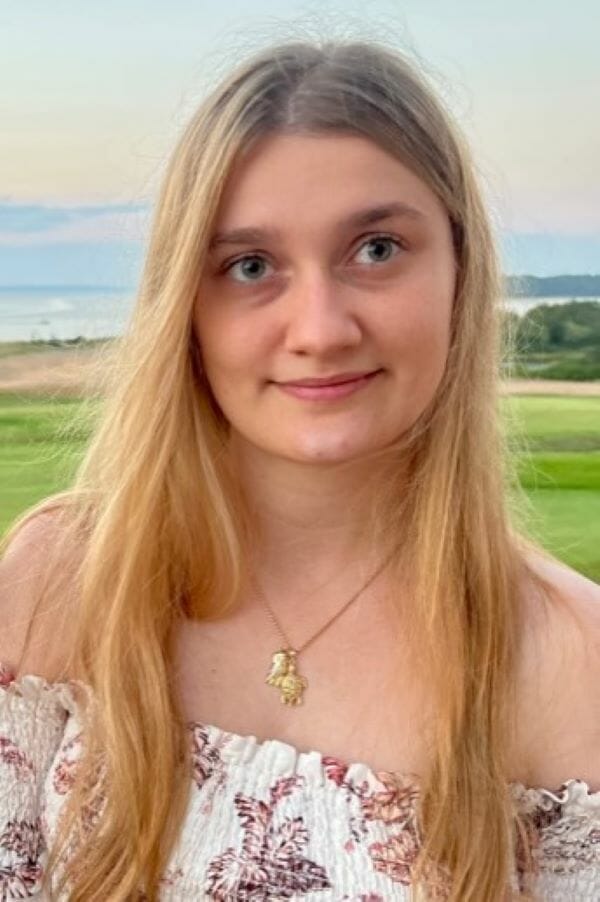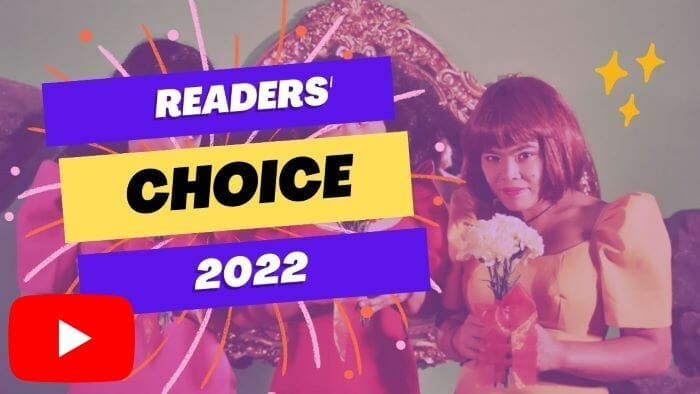‘I am doing what I want to do and it’s a nice feeling that somebody’s taking a picture of it. This is a picture I can save forever […] one beautiful something of my own.’
A black man, dressed in a smart, fashionable blazer and wearing circular black framed glasses, a lit cigarette in his right hand, sits in a chair before a bookcase in an apartment space. He then stands up from his chair, upon which a boa draped over, to sing a song in front of the unlit fireplace. As the camera follows his movements, positioning him in centre frame, he envisions singing this ‘torch song’ in his star-making night-club act, where he would become ‘this girl who just wants to be herself’. He selects a number from the Broadway musical Funny Girl, sung by the protagonist Fanny Brice. As he begins to expressively sing directly to us the viewer, the camera starts to slightly zoom out, positioning and transforming the domestic setting that the viewer has been familiarised to a stage for a performance that the eponymous Jason Holliday commands. Even without a flame in the fireplace, the man becomes the source of energy, warmth, and light. Yet as the song progresses, upon the lyrics ‘His words alone, are the words that will start my heart singing/ And his is the only music that makes me dance’, the camera pushes into a medium close up, James’ eyes no longer open but closed intently, as he sings his heart out. The nightclub act is no longer a stage performance of a larger-than-life personality but an intimate look into a private moment of joy for a young black man. It lasts only for a few moments, before the camera goes out of focus, and the screen cuts to darkness.
It is these moments of vocal expressiveness and the occasional visual obscurity that encapsulate the tragic and arresting heart of Shirley Clarke’s experimental documentary film Portrait of Jason. As the only individual to appear onscreen for the entirety of the film, with the director and her assistant remaining as the disembodied voices who provide the questions asked, the talkative 33-year-old hustler Jason Holliday (or Aaron Payne as he admits his real name to be early on) is the centre of our attention as much as the filmmaker’s. In this manner, we are drawn into a range of wittily told stories, from an encounter with close friend Miles Davis, to romantic entanglements and sex, to experiences as a sex worker navigating between the gay scene and the white neighbourhoods. His speeches alone are as entertaining as any of his performative impressions of Mae West, Katherine Hepburn, and Scarlet O’Hara. When any of these narratives appear to be too dark or anxiety-inducing, like his narration of his bootlegger father Brother Tough’s physical violence and abuse against him, Jason approaches his experiences with a light-hearted humour and joviality, accompanied by a consistent fit of hearty laughs or high-pitched giggles. Portrait of Jason pulls back the curtain to reveal something sadder boiling under the surface.
OVID.Tv’s PORTRAIT OF JASON is an Intimate Look at the Masks We Wear in order to Cope with an Unbearable Reality
The absence of a score makes us pay attention to the rhythm and musicality of Jason’s voice, punctuated by his energetic body movements and swaying or swiping gestures. Thus, when there is an absence of those spirited, joyous sounds, like in one notable instance in which the camera refocuses on Jason’s face in close up, his blinking gaze not directed at the camera, but far away, as his cigarette wobbles in his hand, we have no choice but to stare at the pensive sadness within Jason’s eyes. The use of handheld camera and the domestic setting, together with the small budget, evident syncing problems, and production errors, in the style of cinema verité, only adds to the sense that we are intimately glimpsing someone unfiltered, no matter how many performances he attempts to distract away from his loneliness.
As the Jason’s stories become stranger and more unusual, the film’s frequent out of focus transitions emphasises the exhaustion and haziness as a consequence of alcohol, as the subject assumes a more sarcastic tone of voice. The demands of a long shooting night, paired with the persistent questions of the director’s assistant Lee, creates a confrontational atmosphere. It leads to Jason to confessing in close up, with tear-stained cheeks, ‘I spent so much time being a wreck, I guess I never really had any fun at all.’ In this moment, we witness the difficult reality of being one’s own worst enemy, of being unable to escape an intense self-hatred. And just as soon as that truth is acknowledged, the moment passes, as Jason in the end returns to a carefree mood, implying that his emotional outburst was for the camera: ‘That was beautiful. I’m happy about the whole thing.’ Perhaps that is why with this line, the screen is once more dark.
In this film lover’s opinion, the film provides a relentlessly intimate portrait of the blurred lines between fiction and reality, and the way performance can assume one’s identity. For viewers invested in experimental documentary filmmaking, and to audiences desiring to learn more about the intersection between black and LGBTQ identities, it is a must watch experience. While Portrait of Jason concludes with Clarke singing ‘The end, the end, the end, the end. The end. That’s it. It’s over. The end’, there is no culmination for the haunting revelation that one can so easily distort one’s recognition and understanding of self.
Cast:
Jason Holliday, Shirley Clarke, Carl Lee
Creative Team:
Directed by Shirley Clarke
105 Minutes, in English
HIGHLY RECOMMENDED
Nominate this for The Picture This Post BEST OF 2023???
Click Readers' Choice!
For more information on or how to watch this film, please view the OVID.tv webpage for Portrait of Jason
Images Courtesy of OVID.Tv

About the Author: Larissa Guerrini-Maraldi
Larissa’s enthusiasm for reading and writing goes all the way back to reading Lemony Snicket’s A Series of Unfortunate Events as an eight-year-old, while situated in the rainy, busy place that is London, UK. That paired with her experiences at theatre camp made her a lover of the art of storytelling, encouraging her to write plays and screenplays about found families, coming of age, the power of art, and contending with the
unpredictable world you inherited. From animation, graphic novels, and video games to musical theatre, rock operas and concept albums, Larissa possesses an eclectic taste for narratives that are not afraid to confront the audience, particularly children and young viewers, with personal, emotional, and socio-political truths. She is also a major fan of stories centred around women, LGBTQ identity, and disability, and hopes to see many more people tell their own experiences in the future. If you ever need a person to make lists of media recommendations, Larissa is a go-to! And do not give her chocolate or tea unless you want her to consume everything.








